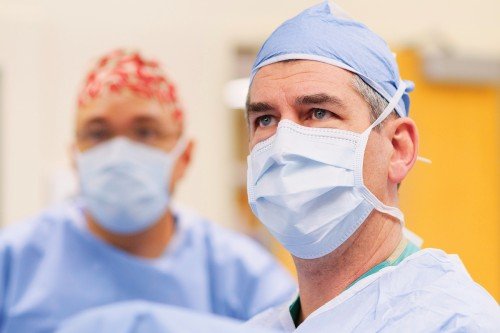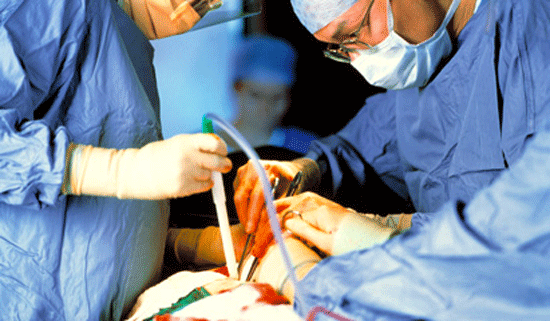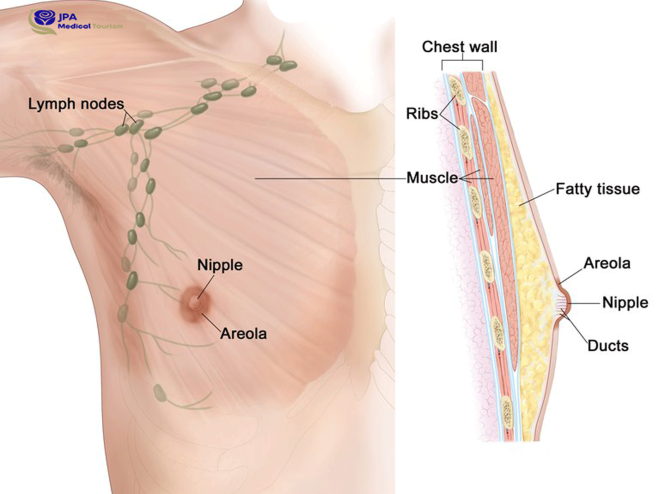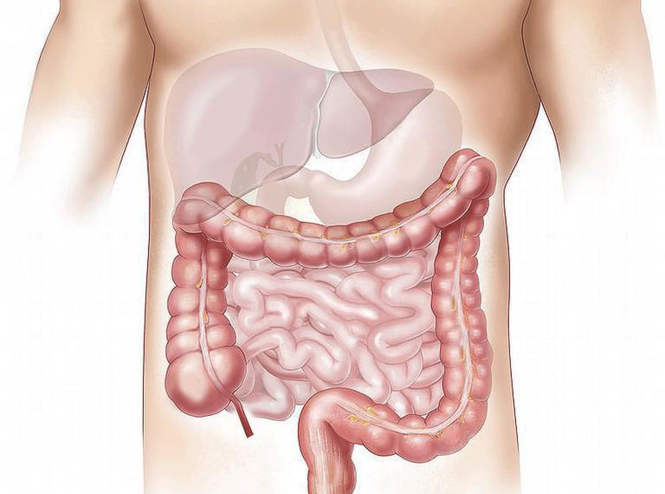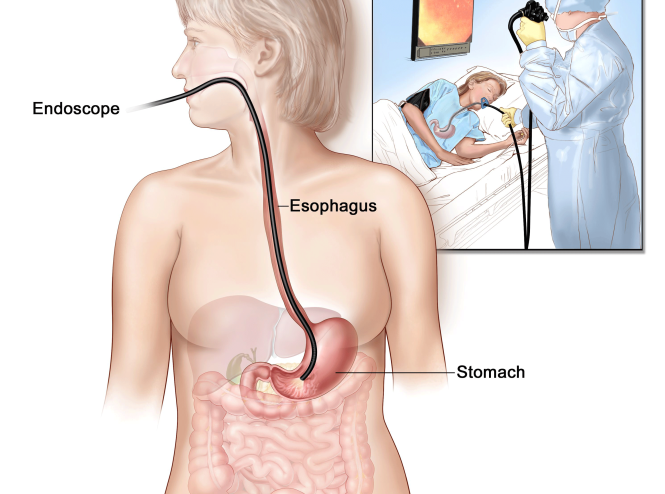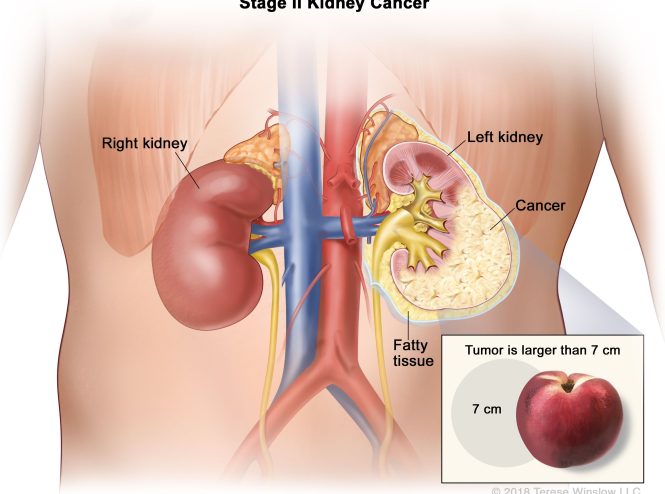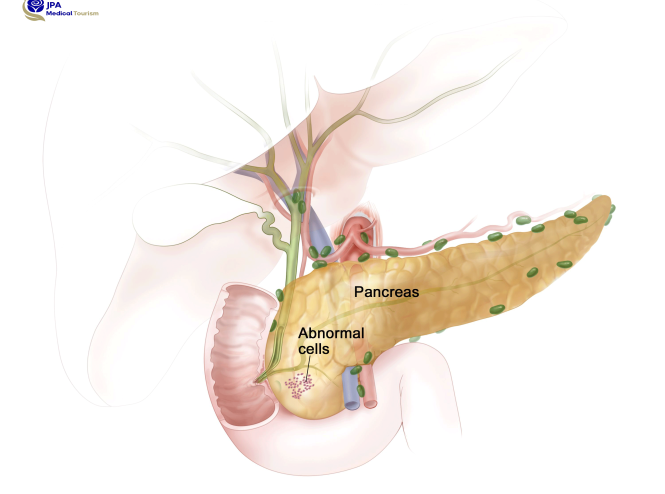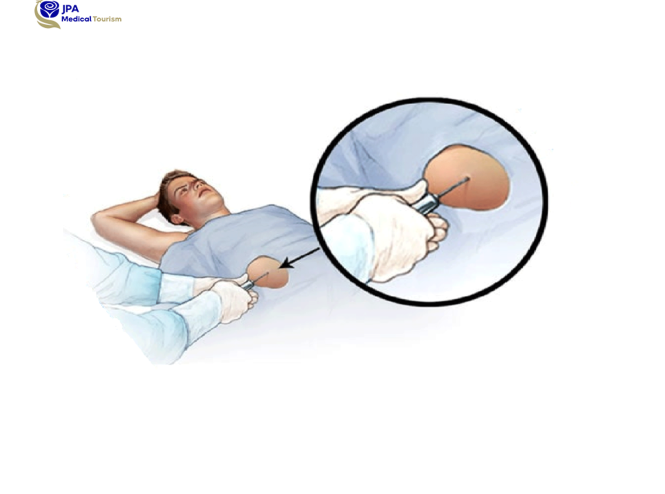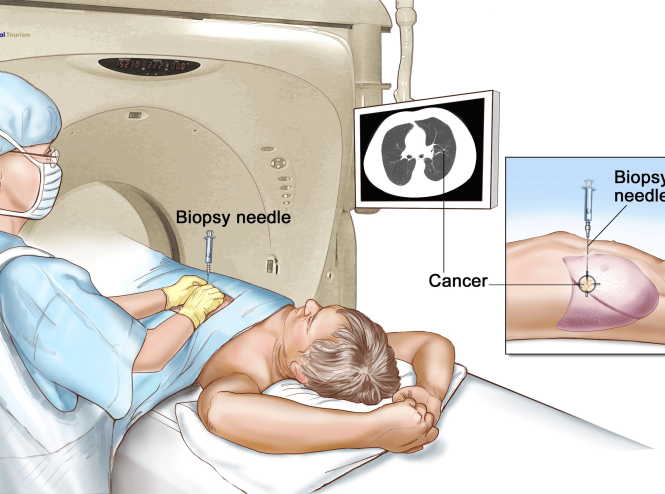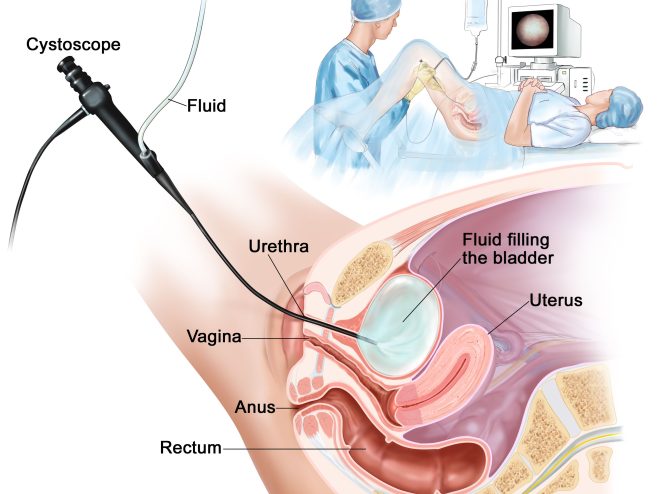prostate cancer treatment
prostatectomy in Iran
Best Hospital
We Introduce Best Hospital for prostatectomy
Best Doctors
We Introduce Best Doctors for prostatectomy
Best Price
We Try to introduce best Services with Regular Price
Why choose Iran for Prostate cancer treatment (prostatectomy) in Iran ?
• Low costs
• Board licensed surgeons
• Quality health care
• Less waiting time
• Accredited hospital
• Personal service
• Language capability
• Ease of medical visa
• Treatment with advanced technology
• Strong presence in advanced healthcare e.g. Transplantation – high success rate in the operation.
Active clinics for international patients
Shahid Dastani Clinic, Hematology, Oncology and Stem Cell Transplant Clinic, Nuclear Medicine Clinic and Special Clinic.
Clinics: urology, nephrology, lung, general surgery, endocrinology, gastroenterology, gynecology, midwifery, perinatal, infertility, maxillofacial surgery, genetics, dermatology, orthopedics, neurosurgery, heart, heart surgery, vascular surgery, neurology, rheumatology, ear and Otorhinolaryngology, dentistry, infectious, speech therapy, pain, nutrition and diet therapy, anesthesia, celiac disease, liver cirrhosis, Behcet, eye, psychiatry, men’s health
Paraclinical departments: clinical laboratory, pathology, imaging and pharmacy
Clinics: EMG-EEG, bronchoscopy, spirometry, bone densitometry, nuclear medicine, dialysis, physiotherapy, endoscopy, echocardiography, exercise test, pain control, rehabilitation and sports medicine.
Cancer is an increasingly life-threatening disease. Since cancer treatment is one of the most expensive medical treatments, patients often prefer to seek more affordable treatments abroad. At Jahan Pakhsh Aram Health Tourism, we are here to help you get cancer treatment in Iran at the most affordable price.
prostate cancer treatment ( prostatectomy ) in Iran :
Prostate cancer is a cancer that occurs in one of the lower organs of the male body called the prostate. The prostate is a small circular or so-called walnut-shaped gland in men and it produces and transports semen.
Prostate cancer is one of the most common types of cancer in men. Many cancers that are in the early stages of their growth, such as prostate cancer, grow slowly and do not spread, and are limited to a small or medium-sized gland in the prostate and are located in a place where the damage Do not enter seriously. However, while some types of prostate cancer grow slowly and may require minimal or even no treatment, other types are aggressive and can grow, spread, and spread quickly. Organs are also placed.
All cancers, including prostate cancer, have the best chance of successful treatment if they are detected in the early stages and are confined to the prostate.
Read more: HIPEC surgery
Read more: Urinary incontinence
Symptoms and treatment of prostate cancer in Iran
Signs and symptoms in prostate cancer
Prostate cancer, like other cancers, may not cause any signs or symptoms in its early stages. But there are also types of prostate cancer that can have symptoms, including the following:
. Decreased force in the flow of urine
. Blood in the urine
. Difficulty urinating
. blood in semen
. Erectile dysfunction
. Lose weight without exercise or diet
.Skeletal pain
When should you consult a specialist doctor about existing signs and symptoms?
If you have any persistent signs and symptoms that worry you, consult your doctor.
Jahan Pakhsh Aram Health Tourism Team has made it possible for international patients around the world to get free consultation 24/7 so that they can choose the best treatment for their disease.
Jahan Pakhsh Aram Health Tourism Team, in addition to free services such as accommodation, translator from the moment of arrival in Iran, health insurance, 24-hour support, etc., has specialized and sub-specialized inpatient departments, special departments, clinics, departments Paraclinics and clinics are well equipped to provide quality and special services for respected patients.
Specialized and subspecialized departments of the center: operating room, orthopedic surgery, general surgery, rheumatology, internal neurology, endocrinology, digestion, blood and hematology, bone marrow transplantation, gynecology and obstetrics, neonates, infertility, neurosurgery, cardiology, surgery Cardiology, nephrology, urology, kidney transplant, maxillofacial surgery, diabetic foot department, lip kit, emergency and hope departments.
Special departments of ICU: Emergency – General ICU – Neurosurgery ICU – Internal ICU – Open heart surgery ICU – NICU – CCU – Lab kit.
Active operating rooms: urology and cystoscopy operating room, orthopedic operating room, general operating room, neurosurgery operating room, maxillofacial surgery operating room, vascular surgery operating room, open heart surgery operating room, lung and thoracic surgery operating room .
Read more: Cancer treatment
prostate cancer causes
It is impossible to tell exactly the main cause of cancers, including prostate cancer, as it is not clear what causes prostate cancer.
The factor that plays a role in causing various types of cancers, including prostate cancer, is the existence of changes in the DNA sequence. A cell’s DNA contains information that tells the cell what to do. These changes tell cells to grow and divide faster than normal. Abnormal cells continue their life and are so-called immortal, and due to their immortality, they can spread and expand in all the organs of the body and involve other organs as well.
In all cancers, when the cell divides and grows out of the normal state and divides and grows abnormally, they form a tumor, in fact, abnormal cells accumulate, form a tumor that can grow and invade the adjacent tissue. With the passage of time and due to the characteristic of immortality and the characteristic of sticking and anchoring to surfaces, they can spread to other parts of the body (metastasis).
Risk factors in prostate cancer
There are factors that can increase the risk of prostate cancer and even cause metastasis and malignancy:
Increasing age: The risk of most cancers, including prostate cancer, increases with age. It is more common over the age of 50.
. Race: In most cancers, whites are much more prone to various types of cancers than blacks, but it is exactly the opposite in prostate cancer, and this type of cancer is more common in blacks than whites. In black people, prostate cancer is more likely to progress and behave more aggressively.
. Family history: If a close relative such as a blood relative, such as a parent, sibling, or child, has been diagnosed with prostate cancer, your risk may be greatly increased. Also, if you have a family history of malfunctioning or mutations in genes that increase the risk of breast cancer, such as BRCA1 or BRCA2, or a very strong family history of breast cancer, you are more likely to develop prostate cancer.
. Obesity: One of the most important factors in all diseases and cancers is obesity. Prostate cancer is more likely to occur in people who are obese and overweight compared to people who have a healthy weight. In obese people, the cancer is more likely to be aggressive and spread faster, and is more likely to come back after initial treatment.
Complications and treatment of prostate cancer in Iran / Tehran
Complications of prostate cancer:
All types of cancer, including prostate cancer, can spread to organs around the prostate, such as your bladder, or through your bloodstream or lymphatic system to your bones or other organs. Prostate cancer that has spread to the bones can cause severe bone pain. When a cancer such as prostate cancer goes to other parts of the body and actually metastasizes, it may be controlled with treatment, but the probability of curing this disease is very low.
. Incontinence: Prostate cancer can cause urinary incontinence. Incontinence treatment depends on the type of prostate cancer and its severity over time. Treatment options may include surgery, medications, and catheters, which can also cause urinary incontinence.
. Erectile dysfunction: Erectile dysfunction can be caused by prostate cancer or its treatment stages, including surgery, hormone therapy, or radiation therapy. Vacuum devices and some drugs that help erections and surgery are available to treat erectile dysfunction.
Prevent prostate cancer
You can reduce your risk of prostate cancer if you:
. Choose a healthy diet full of vegetables and fruits. Use a variety of fruits, vegetables and whole grains. Fruits and vegetables contain many vitamins and nutrients that can help improve your health.
Whether you can prevent prostate cancer through diet has not yet been conclusively proven. But eating a healthy diet with a variety of fruits and vegetables can go a long way in improving your overall health.
foods to avoid with enlarged prostate
. Choose healthy foods instead of supplements and foods with preservatives and fast food. No studies have shown that supplements reduce the risk of prostate cancer. Instead, choose foods rich in vitamins and minerals so you can maintain healthy levels of vitamins in your body.
. Set aside plenty of time for exercise on weekdays. Exercise improves your overall health, helps maintain weight and can ensure your health. Try to exercise most days of the week. If you are new to exercise, start slowly and build up more time each day.
Determination of spread and metastasis to other organs in prostate cancer
Once prostate cancer is diagnosed, your doctor will start tests to determine the grade and stage of the cancer. If your doctor suspects that your cancer may have spread beyond your prostate, one or more of the following imaging tests may be recommended:
. sonography
. Bone scan
. magnetic resonance imaging (MRI)
. Computed tomography (CT) scan
. Positron emission tomography (PET) scan.
Not every person should have every test. Your doctor will help you determine which test is best for your individual situation.
Your doctor uses the information from these tests to determine the grade and stage of your disease.
Breast Cancer Treatment in Iran
The most common cancer treatment in Iran is chemotherapy, but ...
Colon Cancer Treatment in Iran
The treatments for colorectal cancer usually involve surgery to remove the cancerous tumor
Stomach Cancer Treatment in Iran
The most common types of stomach cancer treatment are surgery ,chemotherapy...
Kidney Cancer Treatment in Iran
Kidney cancer is usually treated with surgery, targeted therapy, immunotherapy ...
Pancreatic Cancer Treatment in Iran
Pancreatic cancer treatments are surgery, chemotherapy, or a combination of them
liver Cancer Treatment in Iran
The most effective liver cancer treatments are surgery and localized treatments
Lung Cancer Treatment in Iran
Lung cancer can be treated with surgery, chemotherapy, radiation therapy, targeted therapy ...
Bladder Cancer Treatment in Iran
Bladder cancer is usually treated using surgery, Chemotherapy, radiation, or immunotherapy.
During prostate cancer treatment
prostate cancer stages
Knowing the stage of prostate cancer can help both the patient and the doctor. To the patient to predict the difficulty of the treatment process and to the doctor to decide on the best treatment method. The stages of various types of cancer, including prostate cancer, are as follows:
. Stage 0: It has grown slowly and there are actually pre-cancerous cells and they only affect a small area.
. Localized (stage 1): The cancer is only in the prostate gland. Effective treatment is possible at this stage.
. Regional (stages 2-3): The cancer has spread to nearby tissues. Metastasis occurs in nearby areas.
. Distant (stage 4): The cancer has spread to other parts of the body, such as the lungs or bones. It has metastasized to more distant areas.
types of prostate cancer
Most cases of prostate cancer are of the type of cancer called adenocarcinoma. This is a cancer that grows in the tissue of the prostate gland.
Prostate cancer, like most classifications and nomenclature of cancers, is classified based on its growth rate. There are two types of growth:
. Aggressive, or fast growing
. Non-aggressive, or slow-growing
With non-invasive prostate cancer, the tumor grows at a very slow rate of invasion and spread and grows very little over time, and immediate treatment may not be necessary.
But in aggressive prostate cancer, the tumor can grow quickly and can spread to other areas of the body such as bones.
prostate cancer survival rate
Rectal examination and prostate biopsy, regular blood tests may be done to monitor the progress of your cancer. If the tests show that the tumor and cancer in your body is spreading and progressing, the specialist may start prostate cancer treatment for you, such as surgery or radiation therapy.
Active surveillance may be an option for treating cancer that does not cause symptoms, is expected to grow very slowly, and is confined to a small area of the prostate. Active surveillance may also be considered for someone who has another serious illness or is of an advanced age that makes cancer treatment more difficult or inappropriate.
prostate removal side effects
Surgery (which is the main treatment for prostate cancer) for prostate cancer includes removal of the prostate gland (radical prostatectomy), even in some cases some tissue adjacent to the prostate gland and several lymph nodes.
Surgery is an adequate and appropriate option for the treatment of prostate cancer that is limited to the prostate. It is sometimes used in combination with other treatments to treat advanced prostate cancer.
prostate removal
To access the prostate, surgeons may use a technique that includes:
. Making several relatively small incisions in the abdomen: During laparoscopic prostatectomy, with the help of various instruments, mechanical devices and robots, surgical instruments are connected to a mechanical device (robot) and inserted through several small incisions in your abdomen. . The surgeon uses hand controls to direct the robots to move the instruments. Most prostate cancer operations are performed using laparoscopic techniques.
. Making a long incision in the lower abdomen During retropubic surgery, the surgeon makes a long incision in your abdomen to access and remove the prostate gland. This approach is much less common, but may be necessary in certain circumstances.
The health tourism team of Jahan Aram Broadcasting has prepared for you the best team of specialists, surgeons and doctors to diagnose and treat prostate cancer in Iran.
treatment
Talk to your doctor and surgeon about which type of surgery is the best choice for your condition.
radiotherapy prostate cancer
prostate radiation side effects
Radiation therapy uses high-power energy to shrink and destroy cancer cells. Radiation treatments for prostate cancer may include:
– External radiation that shines on your body from outside.
– Brachytherapy: a ray shines inside your body: Brachytherapy involves placing radioactive sources in the patient’s prostate area.
In certain situations, doctors may recommend both types of radiation therapy.
There are many doctors and specialists and even researchers who are investigating whether cryotherapy or HIFU to treat part of the prostate may be an option for cancer that is confined to the prostate. This type of treatment, known as focal therapy, identifies the area of the organ called the prostate that contains the most aggressive cancer cells and targets and treats only that area. Studies have shown that focal therapy reduces the risk of side effects compared to other treatments. However, it is not clear whether this method has the same survival benefits as treatment for the entire prostate.
Hormone Therapy for prostate cancer
In the hormone therapy method, it is tried to prevent the production and secretion of testosterone hormone in men. Cancer cells in the prostate rely on testosterone to help them grow. Stopping the secretion and distribution of testosterone may cause cancer cells to die or grow more slowly.
. Surgery to remove the testicle (orchiectomy). Removal of the testicles reduces the level of testosterone in the body quickly and to a great extent. But unlike medical options, surgery to remove the testicles cannot be changed or reversed, and after removing this organ, you will no longer have it.
Hormone therapy is mostly used for high stages of prostate cancer or advanced prostate cancer.
Radiation therapy is often used initially to shrink the gland or tumor, but sometimes hormone therapy is used for prostate cancer that has not progressed. This helps shrink the cancer and increases the effectiveness of the radiation therapy.
chemo for prostate cancer
Chemotherapy is another important and fundamental method in the treatment of prostate cancer, which often uses drugs to destroy all types of rapidly growing and dividing cells, including cancer cells. Chemotherapy can be administered in the form of pills or injections.
Chemotherapy may be an appropriate treatment option for prostate cancer that has spread to other areas of the body. Chemotherapy can also be the right choice for cancers that do not respond to hormone therapy.
immunotherapy prostate cancer
In the immunotherapy method, we use the cells of the body’s immune system to fight prostate cancer. Your disease-fighting immune system may not attack your cancer because cancer cells produce proteins that act as a covering for them and help them hide from immune system cells. Immunotherapy works by interfering with this process.
. Helping and identifying the cells of the body’s immune system to identify cancer cells better and more accurately. The drugs used in the immunotherapy method help the active cells in the immune system to accurately identify and attack cancer cells, they are a suitable option for the treatment of advanced prostate cancers that no longer respond to hormone therapy. do not give
Targeted drug therapy prostate cancer
Targeted drug treatments work on specific abnormalities that focus on cancer cells, and by stopping this process, they can prevent the existence of these abnormalities and cause cancer cells to die.
If hormone therapy is not effective, targeted therapy drugs may be given to the patient to treat advanced or recurrent prostate cancer.
There are some types of targeted therapies that work only for people whose cancer cells have certain genetic mutations. Your cancer cells may be tested in the laboratory to see the effect of this drug and treatment.
Alternative Medicine
No complementary or alternative therapy can properly cure prostate cancer. However, complementary and alternative treatments for prostate cancer may be able to help the patient cope with the side effects of cancer and make the treatment work better.
Almost everyone who is diagnosed with cancer experiences anxiety or distress at some point. You should not constantly think about this disease and its complications. You can remove these stresses by choosing a professional and expert treatment staff.
You can choose Aram World Health Tourism team, which in addition to providing free services for your loved ones, including accommodation, accident insurance, 24/7 support and free consultations for getting medical services with special staff and medical experts. It benefits itself.
Several techniques to make you more relaxed during the treatment:
. exercise (of course, according to the instructions and without pressure)
. Dance or movement therapy
. music therapy
. art therapy
. Relaxation techniques
. meditation
. spirituality
Share your feelings and concerns with your doctor or specialist. In some cases, treating your stress may require medication.
After prostate cancer treatment
After prostate surgery
After the operation, you will wake up in the recovery room. When all the checks are done you usually go back to the section.
Contract party with child-friendly medical centers
- The first successful heart transplant center in Iran
- The first bone marrow transplant center in Iran
- The first kidney transplant center in Tehran
- The first center to perform CT Scan in Iran
- The first center for video capsule endoscopy in Iran
- Referral center in the treatment of blood and oncology diseases and the treatment of blood cancers with bone marrow transplantation
- A reputable center for fellowship training in bone marrow transplantation, hematology and oncology in the country
- Establishing non-relative stem cell bank (connected to world stem cell bank)
- Scientific pole of nuclear medicine of the country
- Cancer treatment referral center with radiopharmaceuticals
- The only training center approved by the International Atomic Energy Agency
- Iran nuclear medicine association center
- Center equipped to treat digestive and liver diseases
- The only center performing the POEM technique in the treatment of gastrointestinal diseases in the country
- Super-specialized center for the treatment of gastrointestinal problems, including advanced diagnostic and therapeutic ERCP, with the technique of combining two technical methods, “endoscopy” and “fluoroscopy”.
- One of the world’s most prestigious centers in the field of maxillofacial surgery and the use of 3D printers
- The only fetal laser surgery treatment center in the Middle East
- A reputable center in the treatment of female infertility and IVF in the country
- The scientific hub of rheumatology treatment in the country
- Specialized vascular angiography services in the treatment of diabetic foot
- Orthopedic subspecialty services (knee joint replacement, spinal correction surgeries for children in the country)


Why Jahan Pakhsh Aram in iran?
- Low Cost
- Board Certified Surgeons
- Quality Health Care
- Less Waiting Time
- Accredited Hospital
- Personalized Services
- Language Capability
- Ease of Medical Visa Facilitation
- Advance Technology Treatment
- Strong presence in advanced healthcare e.g. Organ Transplant – High Success rate in Operations.


